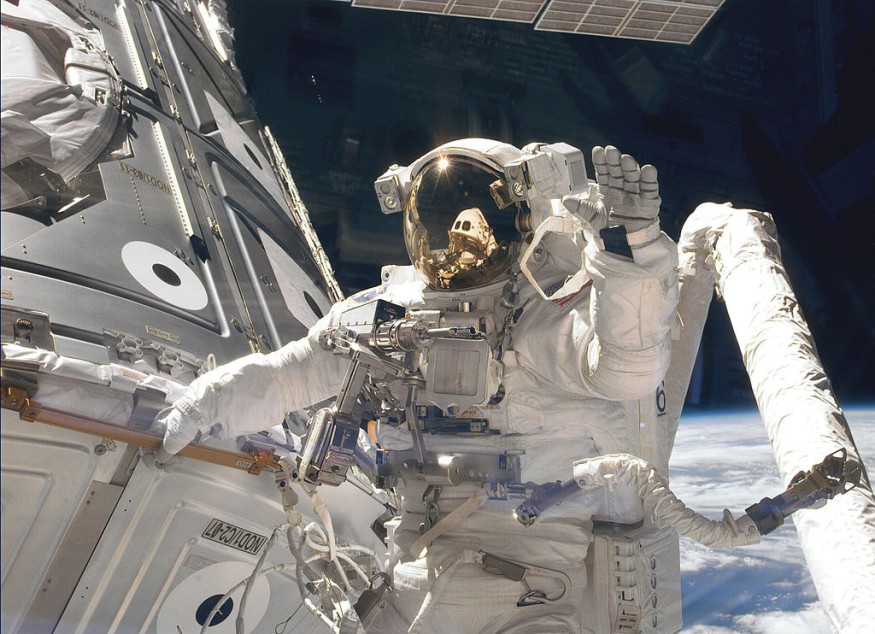
It was long known that being in space could potentially cause brain damage, similar to concussions. It has also been well-documented that staying in space for too long has negative effects on the body.
However, identifying the specific aspect of brain health in group of astronauts who have been in space for the first time has not been addressed, until a new study on the effect of spaceflight on the human brain was conducted. Researchers found that astronauts who go on their first long-duration space mission show changes in their brains compared to brains of more experienced astronauts or those who have never been to space, Space reported.
According to the study published in the journal Scientific Reports, humans exposed to extreme environmental stressors during spaceflight develop alterations in brain structure and grow spaces in their brain where cerebrospinal fluid flows - the clear fluid that surrounds the brain and spinal cord.
How Being in Space Affects the Human Brain
To date, the effects of spaceflight on perivascular spaces (PVSs) within the brain have not been studied, nor evaluated. PVS, also known as a Virchow-Robin space, fluid-filled space surrounding certain blood vessels in several organs, including the brain. It is also believed to facilitate fluid drainage and brain homeostasis, according to researchers.
In a new study, researchers intend to examine how this aspect of the human brain is affected by spaceflight, including prior spaceflight experience.
"These findings have important implications as we continue space exploration," senior author Dr. Juan Piantino, an assistant professor of pediatrics in the Oregon Health & Science University School of Medicine's Division of Neurology, said in EurekAlert.
Fifteen astronauts underwent a brain scan using magnetic resonance imaging (MRI), where nine were "novices" and had no prior spaceflight experience. For comparison purposes, sixteen ground-based employees of NASA's Johnson Space Center in Houston served as a control group.
Changes in Brain Volume
Researchers examined the perivascular spaces (PVS) of each astronaut before and immediately after their time in space, then subsequently took scans one, three and six months after their return to Earth.
Findings show that the total PVS volume of novice astronauts increased after their trips to space, while PVS of experienced astronauts did not show this growth. In fact, the latter's total PVS volume actually decreased, which may indicate that their brains "reached some kind of homeostasis," Piantino said. This means their brains may have already adjusted to microgravity, although their total PVS volume before their current flight tended to be higher.
Statistically, these "trends" were not that significant and could have happened by chance, but findings coincide with other studies suggesting that alterations in the brains of astronauts depend on the how long they've spent in space and how frequent they go to space missions.
Normally, PVS volume gradually increases as people age. However, these kinds of changes in novice astronauts were not shown in members of the Earth-based control group.
"These findings not only help to understand fundamental changes that happen during spaceflight, but also for people on Earth who suffer from diseases that affect circulation of cerebrospinal fluid," Piantino concluded.
Related article : Microscopic Parasite Found Capable of Permanently Infecting Any Mammal Across All Continents
© 2025 NatureWorldNews.com All rights reserved. Do not reproduce without permission.





